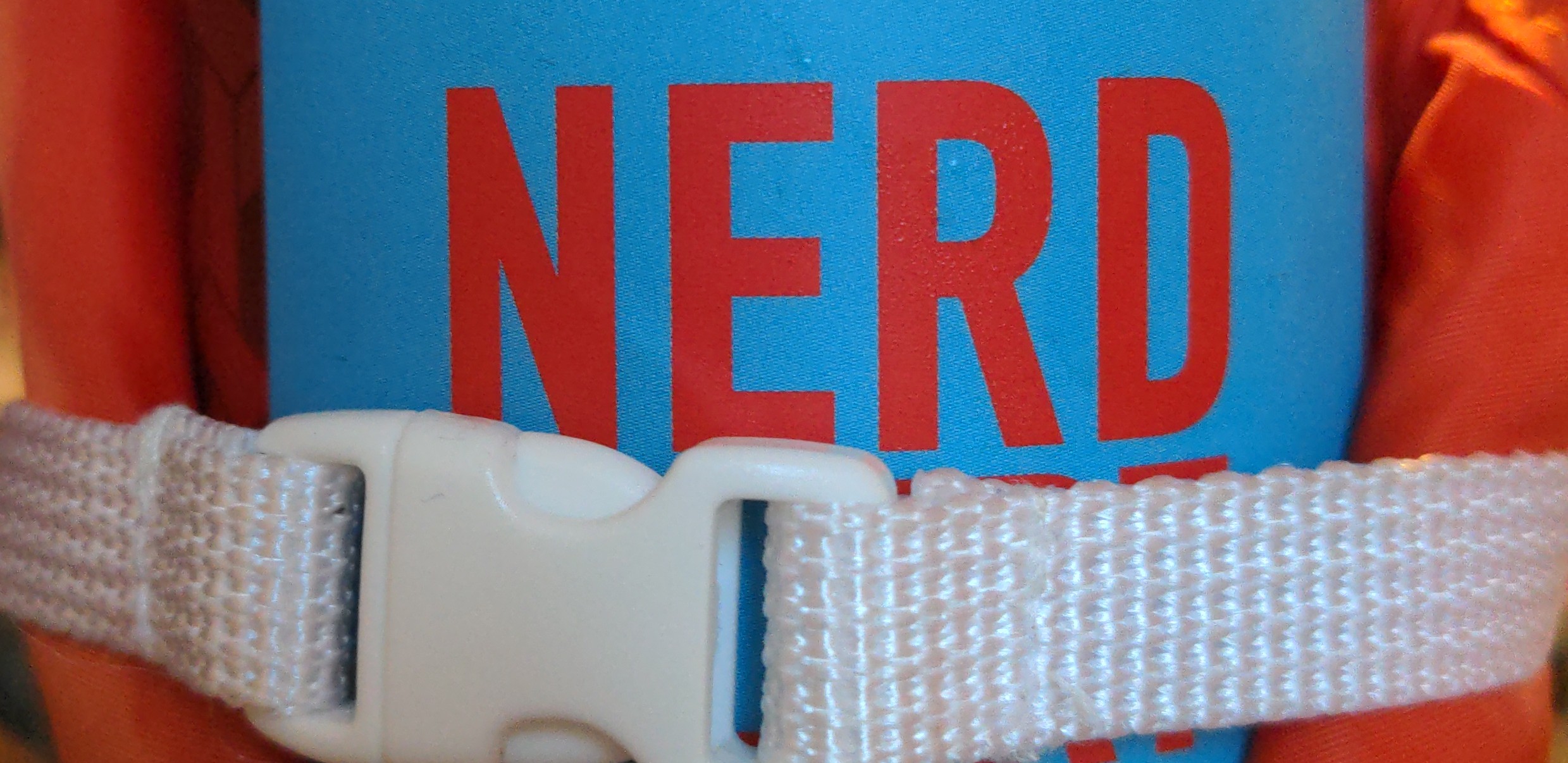i’ve seen a few people leave more algebraic/technical explanations so i thought i would try to give a more handwavy explanation. there are three things we need:
- the sum of two numbers doesn’t depend on how those numbers are written. (for example, 1/2 + 1/2 = 0.5 + 0.5.)
- 1/3 = 0.33…
- 1/3 + 1/3 + 1/3 = 1.
combining these three things, we get 0.99… = 0.33… + 0.33… + 0.33… = 1/3 + 1/3 + 1/3 = 1.
it’s worth mentioning the above argument could be refined into an actual proof, but it would require messing around with a formal construction of the real numbers. so it does actually explain “why” 0.99… = 1.
This goes back to an old riddle written by Lewis Carroll of all people (yes, Alice in Wonderland Lewis Carroll.)
A stick I found,
That weighed two pound.
I sawed it up one day.
In pieces eight,
Of equal weight.
How much did each piece weigh?
(Everyone says 1/4 pound, which is wrong.)In Shylock’s bargain for the flesh was found,
No mention of the blood that flowed around.
So when the stick was sawed in eight,
The sawdust lost diminished from the weight.That’s just pretentious. Oh your magic stick was exactly two pounds? The only right answer is “a little bit less than 1/4 pound”? Your stick weighted about 2 pounds, the pieces weigh about 1/4 pound. Get your wonderland shit out of here Lewis.
Actually 0.99… is the same as 1. They both represent the same number
It’s so dumb and it makes perfect sense at the same time. There is an infinitely small difference between the two numbers so it’s the same number.
There is no difference, not even an infinitesimally small one. 1 and 0.999… represent the exact same number.
They only look different because 1/3 out of 1 can’t be represented well in a decimal counting system.
Right, it’s only a problem because we chose base ten (a rather inconvenient number). If we did math in base twelve, 1/3 in base twelve would simply be 0.4. It doesn’t repeat. Simply, then, 1/3 = 0.4, then (0.4 × 3) = (0.4 + 0.4 + 0.4) = 1 in base twelve. No issues, no limits, just clean simple addition. No more simple than how 0.5 + 0.5 = 1 in base ten.
One problem in base twelve is that 1/5 does repeat, being about 0.2497… repeating. But eh, who needs 5? So what, we have 5 fingers, big whoop, it’s not that great of a number. 6 on the other hand, what an amazing number. I wish we had 6 fingers, that’d be great, and we would have evolved to use base twelve, a much better base!
Well, technically “infinitesimally small” means zero sooooooooo
Edit: this is wrong
An infinitesimal is a non-zero number that is closer to zero than any real number. An infinitesimal is what would have to be between 0.999… and 1.
Wait what
I always thought infinitesimal was one of those fake words, like gazillion or something
It sounds like it should be, but it’s actually a real (or, non-real, I suppose, in mathematical terms) thing! :)
No, it’s not “so close so as to basically be the same number”. It is the same number.
They said its the same number though, not basically the same. The idea that as you keep adding 9s to 0.9 you reduce the difference, an infinite amount of 9s yields an infinitely small difference (i.e. no difference) seems sound to me. I think they’re spot on.
No, there is no difference. Infitesimal or otherwise. They are the same number, able to be shown mathematically in a number of ways.
That’s what it means, though. For the function y=x, the limit as x approaches 1, y = 1. This is exactly what the comment of 0.99999… = 1 means. The difference is infinitely small. Infinitely small is zero. The difference is zero.
Infinity small is infinity small. Not zero
That’s simply not true, as I demonstrated in my example.
If you take into account quantum fluctuations each piece will have a uniquely different mass at any given moment of time.






